REVENUE RECOGNITION IN THE OIL & GAS INDUSTRY UNDER INTERNATIONAL FINANCIAL REPORTING STANDARDS (IFRS)
From January 2018, there will be a new global standard for the way in which revenue is recognised and accounted for – IFRS 15 – Revenue from Contracts with Customers. The standard was issued back in May 2014 with amendments in April 2016 and will become effective for the annual reporting period beginning on or after 1 January 2018.
Many are of the opinion that this is the most significant change in accounting procedures since the launch of the International Financial Reporting Standards in 2005. After all, the objective of most businesses is to maximise revenue, which in turn will allow the business to expand profits, shareholder returns and implement other objectives whether it be financial or non-financial.
The aim of the amended rules is to improve the potential to compare corporate income. It establishes a single revenue recognition model that is to be used globally and in all sectors of business and commerce. UK oil and gas companies will be amongst the organisations most affected by the change. Put simply, the new revenue recognition standard challenges established procedures and practices in this sector.
This means that it is imperative to make early and tangible inroads into compliance with the new revenue guidelines under the International Financial Reporting Standards.
Why oil and gas companies will feel the full force
The nature of this sector puts it under particular pressure to change accounting systems and amend the way in which revenue is recognised. Long-term joint working and variable arrangements are common in the oil and gas industry. This has always made revenue reporting a complex process. This will become even more apparent under the new standards.
It is important to begin discussions with collaborators and business partners immediately, to establish working practices and reporting mechanisms that keep all parties compliant. This needs to include engaging with partners to discuss the way in which the new accounting rules impact existing contractual terms or imminent renegotiations.
Consider contracts with variable features to ensure compliance can be adhered to under all circumstances. For example, sales of assets are sometimes linked to performance, leading to fluid revenue outcome (royalties). How this is accounted for will become more standardised from 2018.
Mandates on breakages will also need to be reviewed. Contractual terms and business practices must take note of the new accounting procedures on ‘take or pay’ arrangements and settlements of any imbalances will also require more consideration under the new standards.
One of the most noticeable differences created by the new standards for revenue recognition and reporting will be changes to timing. For example, production and sales-based royalties will be the subject of up-front estimates, whereas some costs can be deferred under the new standard. The other notable difference will be the treatment of oil and gas lifting imbalances, where now only consideration from contracts with customers is considered to be revenue.
There is a degree of retrospection in the new rules too, which will require oil and gas companies to be able to extract and provide key forensic financial data.
Managing stakeholder perceptions
Oil and gas companies have multiple stakeholders and early preparation can manage their expectations. The new standards will impact your KPIs and business operations, as well as how your revenue appears in your annual accounts. Building a level of understanding within all stakeholders can ensure clarity and accountability and avoid confusion.
Has your compliance journey begun?
Despite the fact that the new regulations on revenue accounting took 15 years to formulate and were announced some time ago, there is a concern that UK companies are not geared up for the changes next year. It is vital that oil and gas companies seek specialist and insightful accountancy support to bring about the far-reaching operational changes needed for the new systems and transparencies.
The new standard will mean that businesses need to apply a larger degree of judgement. With increased judgement comes a larger risk of making errors. At Upstreamly, we can help you identify how the new standard will impact your existing and future contracts and help you develop new processes to capture the information needed to comply with the accounting and disclosure requirements of IFRS 15.
For more information, please contact us.
If you enjoyed this blog, subscribe below for more!
